The educator shortage: Who should be blamed?
September 26, 2022
In a perfect world, teaching would never collide with partisan politics. In a perfect world, educators could focus solely on teaching children and supporting their needs.
Unfortunately, that is not the reality; educators are expected to contend with endless demands from politicians and directives from said politicians, parents and administrators.
It is incredibly difficult to balance, but it is likely a fragment of the reasoning behind teachers leaving the classroom.
The Media
The media suggests the teacher shortage is quite severe, and although it is evident that the teacher shortage is substantial, no universal answer exists as to the reasoning for the teacher shortage.
It is known that education experts and lawmakers alike are providing options to curtail the teacher shortage, but it seems these attempts are “shots in the dark.”
In other words, the various solutions expressed by experts and politicians may address the teacher shortage in the short-term, but perhaps, a long-term solution is necessary.
Educators are providing input as to what the issues are and are expressing their concerns with the political landscape as related to the classroom.
Possible Causes of the Teacher Shortage
In reaching out to individuals in the education field and individuals familiar with the teaching shortage, I was provided with an insight into the reasons for the teacher shortage and possible solutions.
The consensus, among the individuals I reached out to, suggests the teaching shortage stems from significant and continuous stress. Though a mass exodus of teachers is unlikely at this point in time, in actuality, despite the numerous educator shortages observed nationally.
Having said that, it’s not out of the realm of possibilities, should the political climate as well as current teaching conditions persist.
It seems the teacher shortage is resulting from burnout, especially after the COVID-19 pandemic/remote instruction as well as the perception of a threat of heightened violence, and continuous demands that need to be juggled such as paperwork and state testing, on top of the action of teaching students.
The COVID-19 pandemic exacerbated the student discipline problems, and created a situation where many students have missed a year or so of authentic social interaction, and resulted in a widened academic gap.
It’s difficult to pinpoint a precise reason for the teaching shortage, but it is certainly plausible that the COVID-19 pandemic and the aftermath resulted in a considerably higher burnout rate.
It is important to note that a variety of factors such as politicians rendering it very difficult to teach in accordance with new laws, contribute to the teaching shortage, and although, again, a specific cause will be difficult to pinpoint, focusing on solutions is a productive option.
Solutions from educators, not politicians
Though some politicians have implemented half-baked solutions to address the teacher shortage, it is essential to realize that educators, the people teaching children on a daily basis, should provide their input.
In terms of society, educators plead for respect from students, parents and the greater community; some, not all, teachers feel undervalued, leading to dissatisfaction with the working conditions.
Teachers are a key to a highly effective education system, but if educators feel unappreciated, the satisfaction behind teaching falters.
Educators also suggest increased compensation may increase job satisfaction, closer relationships with universities and a focus on retention.
Ultimately, educators yearn for appreciation, and need certain policymakers to cease their assaults on the education system, particularly those politicians who have implemented, or plan to implement, draconian measures to make it seem that teachers must “walk on eggshells.”
At the end of day, most politicians do not hold a teaching license, and certainly should not be the ones to decide how the education system should operate; politicians who care about the education system would support the teachers and school employees, but will provide latitude for the teachers to direct their own classrooms.
It is apparent that increased pay and increased funding, while deserved and necessary to an effective, equitable education system, is not the sole solution, and that innovative ideas, from experts in education and teachers, are developed and implemented.


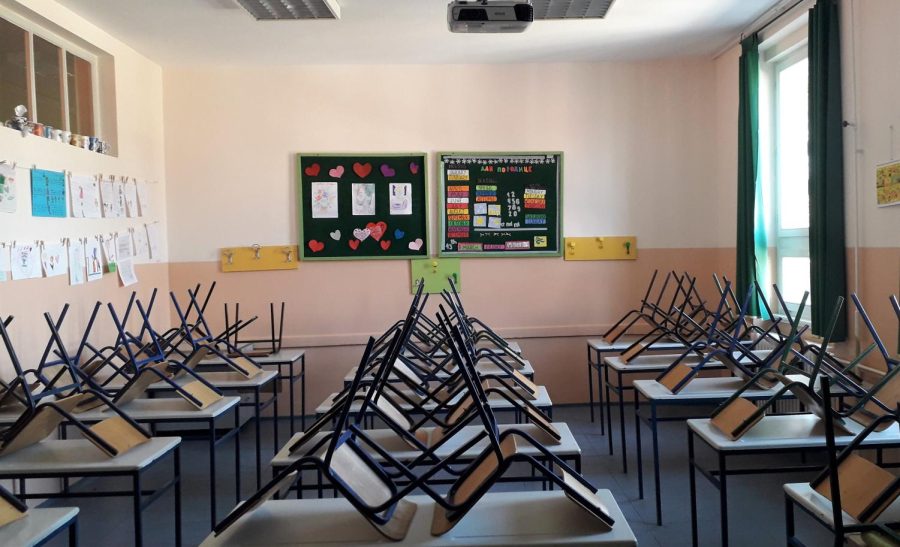

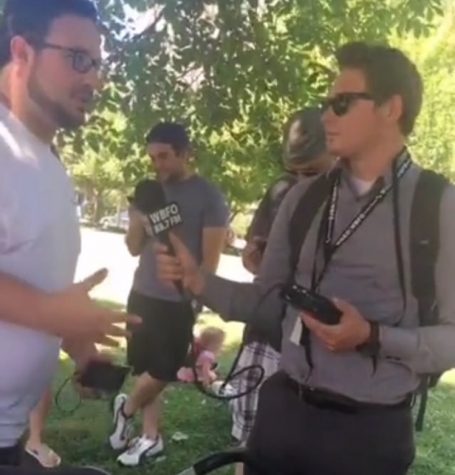


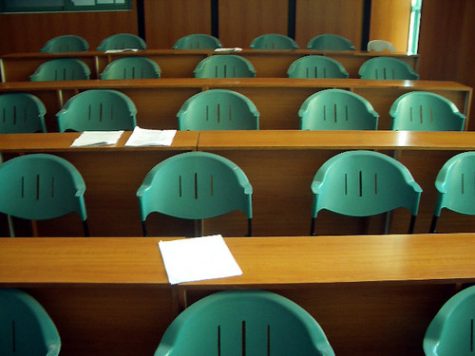

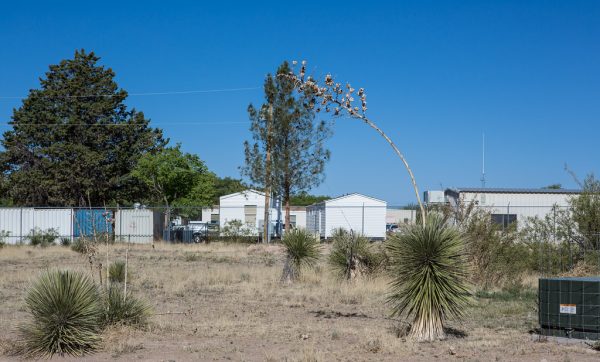
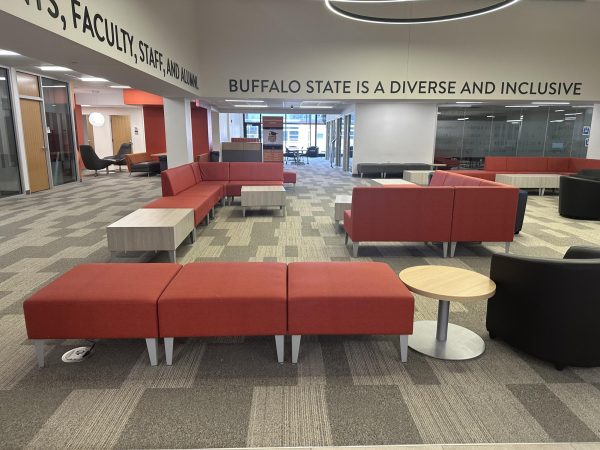




Barbara Proper • Oct 21, 2022 at 8:39 pm
So well written. I agree it should be those in the profession that should be determining what will improve education in our country. Many aspects as pointed out here are needed for success & encouragement for younger generations to want to enter college for a teaching career.
Denise Takacs • Oct 15, 2022 at 6:42 pm
Very thoughtful article. Good job.